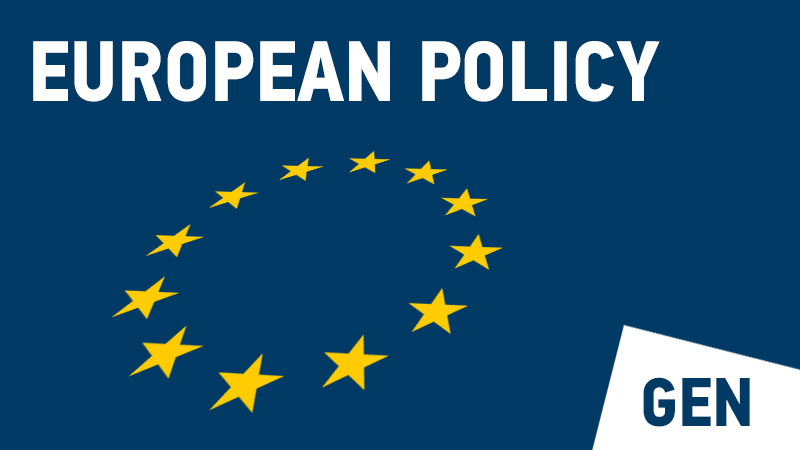GEN – 1464.00. On 7 February 2023, the European Chemicals Agency (ECHA) published the PFAS restriction proposal. It holds suggestions for an unlimited exemption for refrigerants in HVACR equipment in buildings, where national safety standards and building codes prohibit the use of alternatives.Â
Introduction
The proposal published by ECHA was prepared by authorities in Denmark, Germany, the Netherlands, Norway and Sweden and submitted to ECHA on 13 January 2023. It aims to reduce PFAS emissions into the environment and make products and processes safer for people.
All PFASs in the scope of the proposal are very persistent in the environment. If their releases are not minimised, people, plants and animals will be increasingly exposed, and without a restriction, such levels will be reached that have negative effects on people’s health and the environment. The authorities estimate that around 4.4 million tonnes of PFASs would end up in the environment over the next 30 years unless action is taken.
Preliminary Assessment
If accepted, the proposals would enter into force in 2025 and allow an 18-month transition period to alternatives.
However, there are a number of proposed exemptions, some of which relate to the air conditioning, heat pump and low temperature refrigeration sector.
This proposal appears to have taken on board the industry’s concerns that the suggested timescale would compromise the EU Green Deal and REPowerEU decarbonisation goals.
In its Annex XV Restriction report, the proposal accepts that technically and economically feasible alternatives will not be available at the date of entry into force and suggests an unlimited exemption for refrigerants in HVACR equipment in buildings, where national safety standards and building codes prohibit the use of alternatives. Â
It also proposes a transition period of 18 months and a 12-year exemption for maintenance and refilling of existing HVACR equipment where drop-in alternatives are not available.
Next Steps
ECHA’s scientific committees for Risk Assessment (RAC) and for Socio-Economic Analysis (SEAC) will check that the proposal meets the legal requirements of REACH in their meetings in March 2023. If it does, the committees will begin their scientific evaluation of the proposal. A six-month consultation is planned to start on 22 March 2023.
RAC will form an opinion on whether the proposed restriction is appropriate in reducing the risks to people’s health and the environment, while SEAC’s opinion will be on the socio-economic impacts, i.e. benefits and costs to society, associated with the proposal. Both committees form their opinions based on the information in the restriction proposal and the comments received during consultations. The committees also consider advice from the Enforcement Forum on the enforceability of the proposed restriction. Once the opinions are adopted, they will be sent to the European Commission who, together with the EU Member States, will then decide on the potential restriction.
An online information session will be organised on 5 April 2023 to explain the restriction process and to help those interested in participating in the consultation.
The proposed timeline is reported below:
Recommended actions
Eurovent Members are invited to carefully assess the proposal and provide the Eurovent TF-FGAS with their comments in view of the upcoming consultation.
Related documents and links
All related documents and articles can be found in the respective sections in the right sidebar.
- GEN – 1464.01 – Annex XV report
- GEN – 1464.02 – Annex A
- GEN – 1464.03 – Annex B
- GEN – 1464.04 – Annex C
- GEN – 1464.05 – Annex D
- GEN – 1464.06 – Annex E
- GEN – 1464.07 – Annex F
- GEN – 1464.08 – Annex G
- GEN – 1464.10 – Appendix E4
- GEN – 1464.11 – Appendix G1
- GEN – 1464.11 – Appendix G1
- GEN – 1457.00 – Updates on the PFAS restriction proposal
- GEN – 1364.00 – EFCTC socioeconomic assessment for the PFAS restriction
- GEN – 1364.01 – 2022 03 14_EFCTC_SH Engagement F
- GEN – 1269.00 – PFAS – Per- and polyfluoroalkyl substances
- GEN – 1137.00 – REACH initiative – Call for evidence on broad PFAS restriction
- ECHA news







